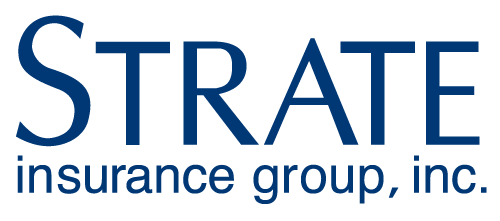In the nonprofit world, an organization’s board of directors is the governing body. Unfortunately, too many boards do not have a good understanding of their roles and responsibilities. Lack of clarity can put the organization at risk and lead to organizational dysfunction, improper decision-making and board disengagement
The most effective boards have a clear understanding of their purpose, but did you know there are specifically defined legal duties of board members? BoardSource, the nation’s go-to resource for effective board management, defines the fundamental legal duties of board service as:
Duty of Care: Each board member has a legal responsibility to participate actively in making decisions on behalf of the organization and to exercise his or her best judgment while doing so.
Duty of Loyalty: Each board member must put the interests of the organization before their personal and professional interests when acting on behalf of the organization in a decision-making capacity. The organization’s needs come first.
Duty of Obedience: Board members bear the legal responsibility of ensuring that the organization complies with the applicable federal, state, and local laws and adheres to its mission.*
These are just the basics, but if these duties are breached the organization and board members could be sued. If you want to learn more, I encourage you to check out boardsource.org where there are many free resources available.
As a risk management advisor to nonprofit organizations, I see many types of boards. The ones with the most clarity and purpose are the most effective. Take some time to reflect on your board service and how you can help bring clarity to the organization you serve.
*Source: https://boardsource.org/fundamental-topics-of-nonprofit-board-service/roles-responsibilities/#guides

